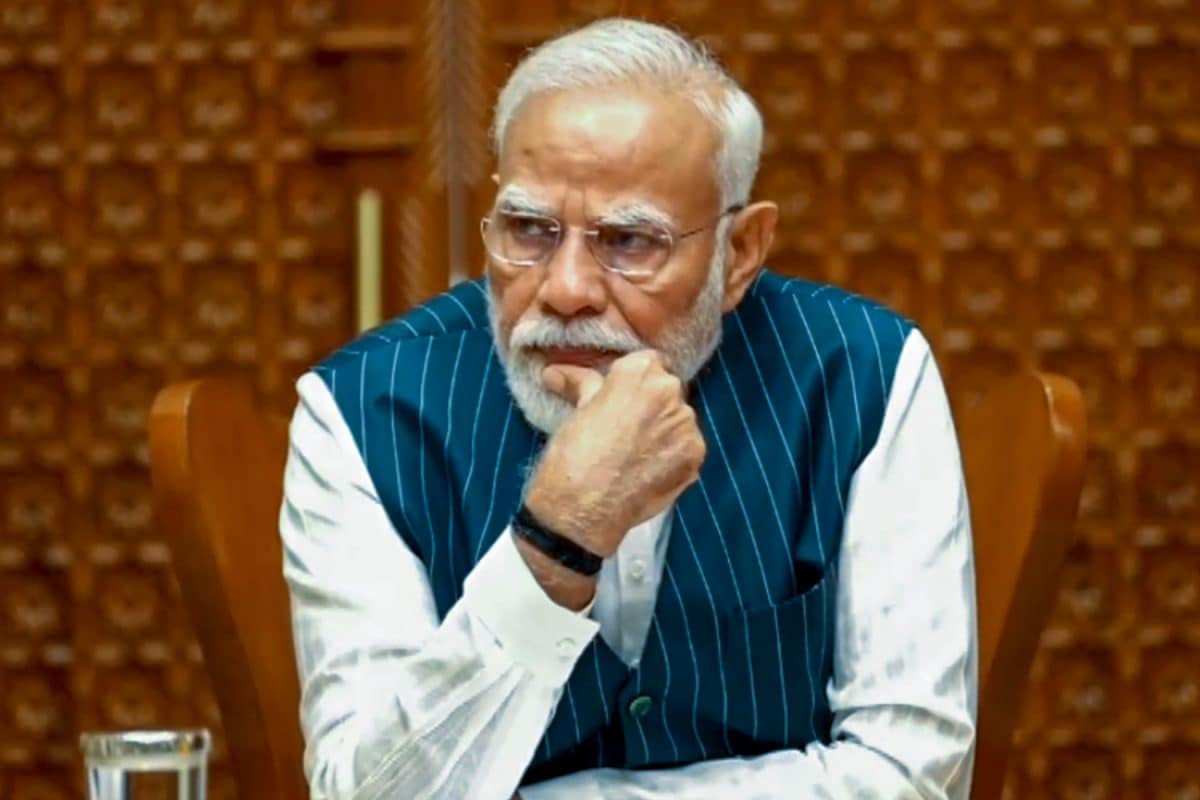

In the wake of the recent Pahalgam attack and Operation Sindoor, the Indian government is planning to send multi-party delegations to various countries to expose Pakistan's involvement in terrorism. These delegations will comprise prominent leaders and Parliamentarians from across the political spectrum, as well as former diplomats and specialists. The aim is to present India's perspective on the recent conflict and refocus international attention on the issue of terrorism emanating from Pakistan. The multiple groups are expected to depart on May 23 and will engage with government officials and civil society groups in key capital cities around the world.
The decision to dispatch these delegations mirrors similar initiatives undertaken by previous governments to advocate India's position on critical matters. In 2008, following the Mumbai attacks, then Prime Minister Manmohan Singh sent multi-party delegations to different continents with dossiers on Pakistan's links to the terror attacks. This diplomatic offensive led to unprecedented international pressure on Pakistan to crack down on Lashkar-e-Taiba and other groups through the United Nations Security Council and the Financial Action Task Force (FATF). Pakistan was subsequently grey-listed by FATF for the first time.
The current move comes after the Pahalgam attack on April 22, in which 26 tourists were killed by unidentified terrorists. Following the attack, India conducted strikes on nine terror locations inside Pakistan and Pakistan-occupied Kashmir under Operation Sindoor on May 7. An Indian delegation also met with UN officials to present evidence of Pakistan's complicity in terrorism, focusing on the role of The Resistance Front (TRF), a Lashkar-e-Taiba proxy, in the Pahalgam attack. India is pushing for TRF to be designated as a terrorist group by the UNSC.
The composition of the delegations is expected to be diverse, with leaders from various political parties, including Ghulam Nabi Azad of the Democratic Progressive Azad Party and Asaduddin Owaisi of All India Majlis-e-Ittehadul Muslimeen (AIMIM), likely to be included. This all-party approach aims to present a united front to the international community, emphasizing India's resolve to combat terrorism.
India has long maintained that Pakistan harbors terrorists and provides safe havens for terror groups operating against India. Despite repeated denials by Pakistan, evidence suggests that terrorist infrastructure continues to exist in territories under its control. India has in the past handed over dossiers to Pakistan with specific details of the involvement of Pakistan-based terror groups in attacks against India, expecting Pakistan to take immediate and verifiable action against terrorism emanating from its territory.
In addition to diplomatic efforts, India has also taken economic and cultural measures to isolate Pakistan. These include suspending trade routes, banning Pakistani artists, and revoking visas of Pakistanis residing in India. These actions aim to exert pressure on Pakistan to take concrete steps to dismantle its terror infrastructure and end its support for cross-border terrorism.
The upcoming multi-party delegations represent a significant step in India's efforts to expose Pakistan's role in terrorism on the global stage. By engaging with governments and civil society groups around the world, India aims to build international consensus and support for its efforts to counter terrorism and ensure regional stability. The success of this diplomatic outreach will depend on the ability of the delegations to effectively communicate India's concerns and present compelling evidence of Pakistan's involvement in terrorism.